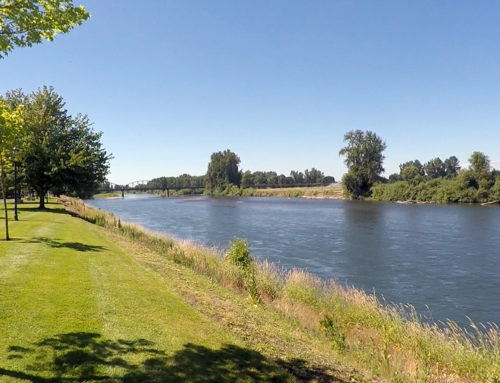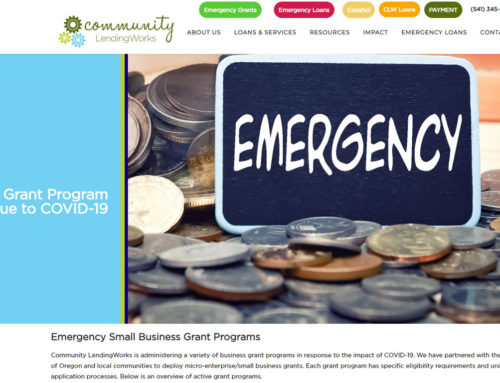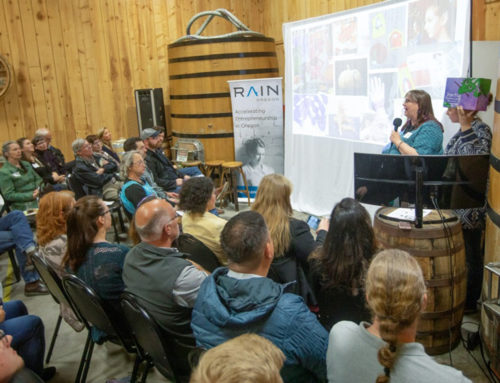How to Find — and Get What You Need — From a Mentor
I like to say, “everyone should have a mentor and be mentored.” This is because mentorship works and I’ve seen it help many people achieve success personally and professionally.
I attribute much of my own success to having mentors. These are people I call on to help me think through challenging situations. Over the years, I’ve had many mentors with a variety of expertise, including finance, leadership, sales, marketing, and investing.
Between literature and film, business and politics, we are surrounded by great examples of mentor relationships. And yet, most people don’t know how to find — and get what they need — from a mentor.
When we decide we need a mentor, our first impulse is to ask the most successful person we know. But that isn’t the best path. Before you make any calls, spend some time thinking about exactly what want to achieve. Then, ask people in your network if they know someone with that expertise.
Once you have a lead, begin by just asking them out for coffee and an informational interview. You can tell them you’d like to know what steps they took in their career because you’re interested in doing something similar. After this initial (less than 30 minutes) meeting, if you feel there’s potential for a strong, mutual rapport, then you can ask them to be your mentor. You might say, “I’d like to spend the next three months becoming better at sales, and I would be honored if you would help me. Would you be willing to meet with me for 30 minutes every other week?”
The key to a successful mentor relationship is establishing timelines, guidelines and following through on your commitments. For example, I will assign tasks for my mentees to complete by our next meeting. If they don’t do those tasks or stop communicating, we’ll have to talk about how the relationship isn’t working.
It’s also important to establish boundaries and be transparent about your goals. Since I’ve co-founded and led startups, and now help run a seed capital fund, entrepreneurs regularly ask me to mentor them or help find them a mentor. If they come in knowing what areas they want to improve, it helps me match them with the right mentor.
When it’s time to conclude the relationship, be sure to send your mentor a thank-you note — preferably handwritten. Thank them for their time and point out, specifically, how they helped you advance your goals. This would also be an appropriate time to ask them for connections to other potential mentors — because there are so many ways that you can continue to develop personally and professionally.
Locally, the Young Professionals Network and Business After Hours — both hosted monthly by the Eugene Area Chamber of Commerce — are great places to connect with potential mentors. Also, the RAIN Eugene Accelerator has a large database of mentors for startups.
About the author
Caroline Cummings is a serial entrepreneur who has been the CEO and Co-Founder of two technology companies. She’s raised close to $1M in angel capital for her ventures and has coached other entrepreneurs to raise capital. Caroline is also the Venture Catalyst for Oregon RAIN, where she connects entrepreneurs to the resources they need to start and scale their ventures. Additionally, she’s the Venture Associate for the new seed fund, Willamette Valley Capital. Caroline’s biggest passion is defending the underdog and spends her free time mentoring at-risk youth and young women new to the business world.





Leave A Comment
You must be logged in to post a comment.